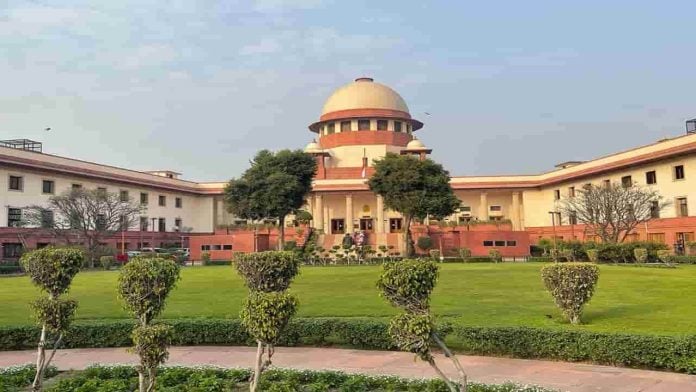The Supreme Court on Friday agreed to hear on June 27, a petition filed by the father of Amir Magrey, who was killed with three others during an encounter at Hyderpora in Srinagar in 2021, against the stay by Jammu and Kashmir High Court on exhumation of his son’s body.
A Vacation Bench comprising Justice C.T. Ravikumar and Justice Sudhanshu Dhulia listed the matter for Monday, after Senior Advocate Anand Grover mentioned it.
On June 3, a Division Bench of the Jammmu and Kashmir High Court had stayed the May 27 verdict of a single-Judge of the High Court, directing the government authorities to exhume the body of Magrey.
The Single-Judge had earlier ruled that the right to life as guaranteed by Article 21 of the Constitution of India included the right to live with human dignity and decency and would extend to treat the dead body of a deceased person with respect.
He had directed the respondents to make arrangements for the exhumation of body/remains of Magrey from the Wadder Payeen graveyard in the presence of the petitioner, which had been earlier denied by the authorities.
The Single-Judge had also directed that if the body was highly putrefied and not in a deliverable state or was likely to pose risk to public health and hygiene, the petitioner and his close relatives were ordered to perform the last rites as per their tradition and religious belief in the graveyard itself.
He had also directed the government to pay Rs five lakh compensation to the petitioner for deprivation of his right to have the dead body of his son, in case the body was highly putrefied.
The Single-Judge verdict was challenged by the government of Jammu and Kashmir in the Division Bench of the High Court, which stayed the order.
The plea filed before the Supreme Court has contended that the order of the Division Bench was in gross violation of Articles 21 and 25 of the Constitution of India, which uphold and protect the right of the deceased to a decent burial by the next of kin following the religious ceremonies and practices.
The petitioner further opposed the argument of the respondents that if the body of petitioner’s son was allowed to be exhumed, it will send a negative message and give rise to a flood of similar petitions.


